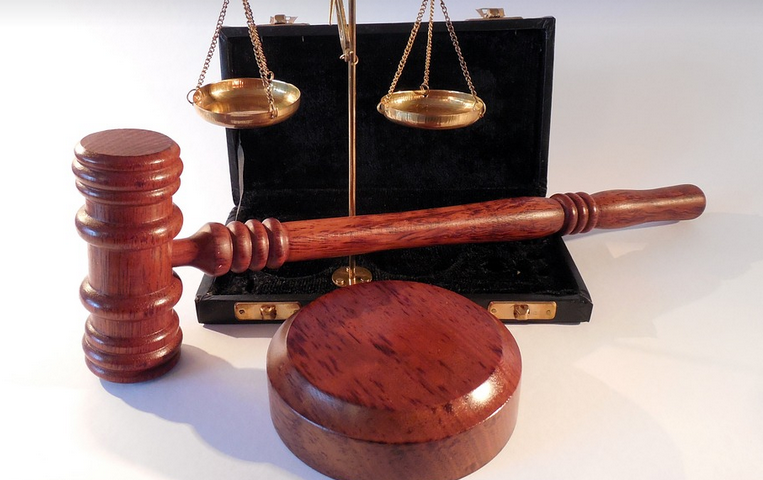Demystifying the Road Rules: License Checkpoints in Georgia
So, you’re cruising down the highway in Georgia, enjoying the scenic beauty of the Peach State. But wait a moment, what’s that flashing blue and red light ahead? You might be wondering – are license checkpoints legal in Georgia?
The short answer is: Yes, license checkpoints are *legal* in Georgia, but they’re not as common or as widespread as you may think. The state uses them to ensure public safety, particularly during high-traffic periods and special events.
Here’s a deeper dive into the legal framework surrounding these dynamic deployments:
**What Exactly are License Checkpoints?**
Imagine this: law enforcement officers set up designated spots on major roadways, often at strategic locations with high traffic volumes. These designated areas serve as the “checkpoints” where citizens and vehicles can be stopped by officers for a brief inspection.
**The Purpose of License Checkpoints**
What’s driving these checkpoints? The main purpose is to deter drunk driving, which is why they are often set up around holidays or during times when there’s an increased risk of alcohol-related accidents. These checks also extend to other safety measures like checking for expired registration and driver licenses.
**Georgia’s Legal Framework:**
As with most legal checkpoints in the US, a few key components are needed: they must be conducted lawfully by law enforcement officers; they must not violate any person’s constitutional rights; and they must have specific justification. These checkpoints often operate under the authority of Georgia Code § 40-7-21.
**Challenges and Debates:**
Despite their legal foundation, license checkpoints remain a point of contention. The issue of privacy is often at the forefront of public debate: some argue they infringe on individual liberties and civil rights by potentially subjecting drivers to unwarranted scrutiny.
This argument stems from concerns that these checkpoint operations can be arbitrary and lead to random stops without clear justification, potentially violating an individual’s right to freedom.
**Transparency is Key:**
To address this debate, Georgia law enforcement agencies have been striving for greater transparency in their checkpoint operations. Clear guidelines and protocols are being implemented to ensure that checkpoints are conducted in a fair, consistent, and legal manner.
**Where in the State?**
While license checkpoints can be frequent in certain areas, they’re not as prevalent throughout Georgia as you might imagine. The presence of these checkpoints varies depending on individual locations, local police departments’ strategic plans, and the specific need for enhanced safety measures.
**What to do if stopped at a License Checkpoint**
A simple stop at an official checkpoint doesn’t mean you are automatically suspected of breaking the law or committing any crime. But, it is important to be respectful of officers and their authority, follow their instructions, and remain calm. If you are pulled over, politely explain that you understand the purpose of the checkpoint but have a valid driver’s license, registration, and insurance.
**Remember:** These checkpoints serve as important tools in ensuring public safety on Georgia’s roads. By understanding the legal context and procedures surrounding them, we can navigate these interactions with more awareness and respect for all involved parties.



